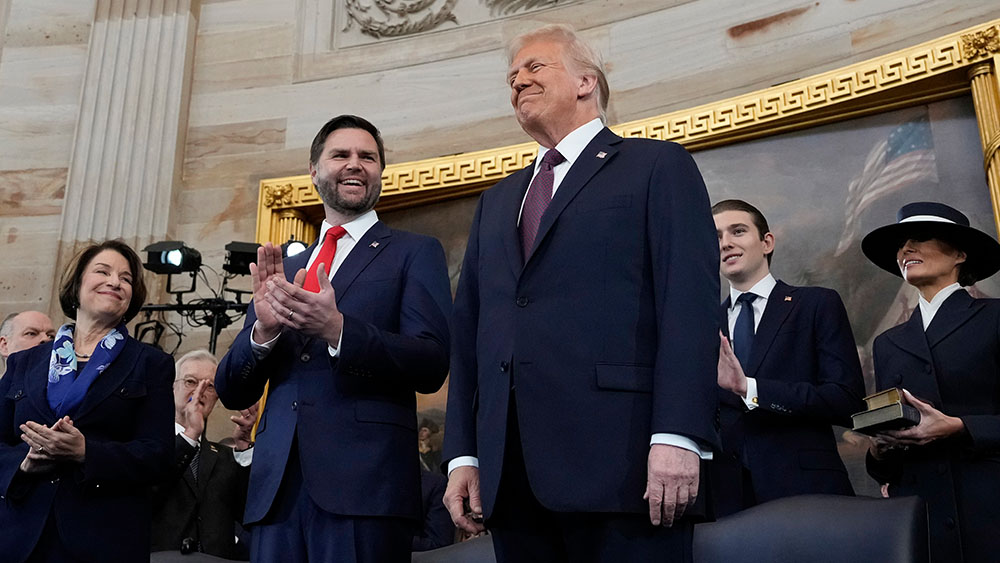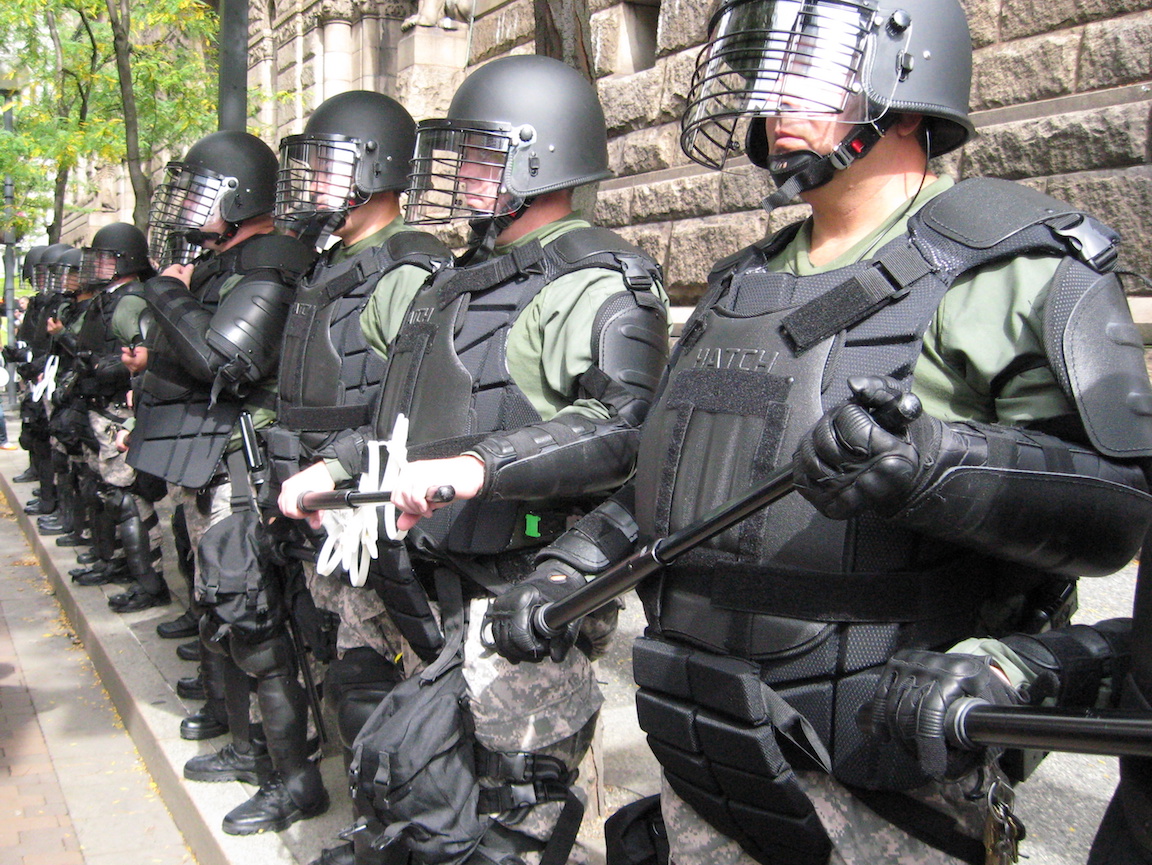Zelensky claims he’d resign for NATO membership or peace, as U.S. aid tensions mount
By isabelle // 2025-02-24
Tweet
Share
Copy

- Ukrainian President Zelensky offers to resign if it secures NATO membership or ends the war with Russia.
- Zelensky faces criticism for suspending elections under martial law, with his term expiring in May 2024.
- Zelensky urges continued U.S. military aid, calling it crucial for Ukraine's survival amid growing isolation and strained relations.
U.S. aid and resource demands
The relationship between Zelensky and Trump has grown increasingly strained, particularly over U.S. demands for repayment of military aid. The Trump administration has proposed a $500 billion deal that would grant the U.S. access to Ukraine's rare earth minerals and other natural resources as compensation for the nearly $66 billion in military aid provided since Russia's invasion in 2022. Zelensky has rejected the proposal, calling it a “debt” that would burden future generations of Ukrainians. “I am not ready to pay off 500 [billion]. And I am not even ready to fix it at the 100 [billion mark], because I will not recognize grants as debts,” he said. The Ukrainian leader argued that such a deal would take 250 years to repay, leaving ten generations of Ukrainians in debt. Trump has been vocal in his criticism of Zelensky, accusing him of prolonging the conflict to maintain power. “A Dictator without Elections, Zelenskyy better move fast or he is not going to have a Country left,” Trump wrote on Truth Social last week. The president has also suggested that Ukraine’s lack of elections undermines its democratic legitimacy, a point Moscow has echoed. Despite the tensions, Zelensky has expressed hope for continued U.S. support, particularly military aid, which he described as “crucial” for Ukraine’s survival. He also urged Trump to meet with him before engaging with Russian President Vladimir Putin, who has shown no signs of backing down from his territorial ambitions in Ukraine. As the war enters its third year, Zelensky’s offer to resign underscores the growing desperation in Kyiv. With American aid under threat and no clear path to victory, the Ukrainian leader is finding himself increasingly isolated on the global stage. Trump’s hardline stance on accountability for U.S. assistance reflects a broader sentiment among Americans weary of funding a seemingly endless conflict. Zelensky’s willingness to step aside for peace or NATO membership may be a calculated move to salvage Ukraine’s future, but it also highlights the precariousness of his position. As the U.S. and Russia continue to negotiate behind the scenes, the fate of Ukraine—and its leader—hangs in the balance. Sources for this article include: RT.com NYPost.com CNN.comTweet
Share
Copy
Tagged Under:
Russia NATO Ukraine national security corruption big government martial law deep state national defense rigged dictator WWIII Zelensky
You Might Also Like
Are the EU and Zelensky planning to open a new front against both Russia and the US?
By News Editors // Share
Texas AG Ken Paxton takes on NCAA over deceptive transgender policy in women’s sports
By Cassie B. // Share
“A Government of Wolves”: The U.S. is rapidly descending into a POLICE STATE
By Arsenio Toledo // Share
USAID’s nefarious activities go beyond foreign aid corruption
By News Editors // Share
Recent News
Bush tomato: A mighty superfood that supports digestive health
By zoeysky // Share
All about olives: Five reasons to eat them
By newseditors // Share
Elon Musk warns federal workers: Return to office or face termination
By isabelle // Share










